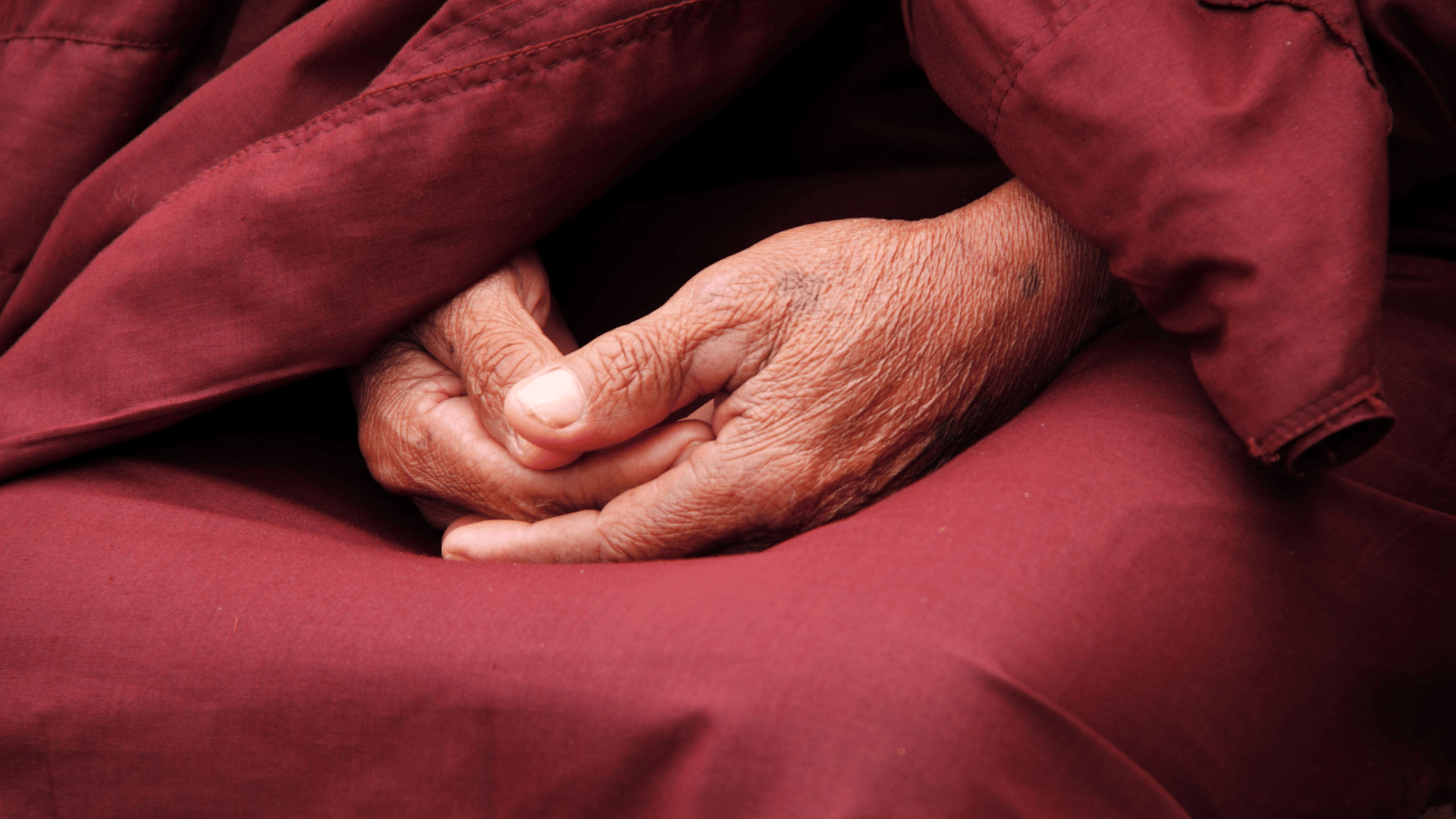About
Spirituality
Observing the True Mind
The Buddha resides within our hearts, without the need for external seeking. Always observe the true mind, expressing gratitude for our hearts and bodies. May the world be filled with positive energy, resonating in harmony, and enjoying peace and tranquility together.
Each heart in the world is a unique seed, which will sprout when it encounters rain.
The Power of Intentions
When encountering cancer patients, some may perceive them as unclean, carrying something impure on their bodies. Others might feel compassion, understanding the pain these patients endure.
Divergent intentions lead to contrasting behaviors. Those disdainful towards cancer patients tend to distance themselves. Conversely, those empathetic individuals seek to assist, alleviate discomfort, or provide companionship, lending an empathetic ear.
Intentions can be categorized into two main types: “Self-centered” and “Others-centered.” The former often revolves around personal gains, desiring favorable outcomes and avoiding negative influences from others. The latter focuses on enhancing others’ well-being, increasing their benefits, and alleviating their suffering.
Similarly, individuals may engage in religious practices with intentions rooted in either personal merit accumulation or self-preservation. In contrast, altruistic intentions aim to bestow wisdom upon “invisible beings,” providing everyone with an opportunity for enlightenment.
In the realm of benevolent actions, do both types of intentions hold equal weight for Bodhisattvas?
Balancing cultivation and practice
“Devoting oneself to spiritual development” is often heard in reality. However, it can be divided into “cultivate” and “practice.” “Cultivate” refers to “cultivating wisdom,” while “practice” refers to putting the truths one has realized into practice in the world. We often see people studying scriptures diligently, even spending their own money to attend classes, mastering various classics, but when it comes to “practice,” they confine themselves, showing little dedication to practical contributions to the world. This is what is meant by “cultivate without practicing.” On the other hand, “practicing without cultivating” means that although one may engage in acts of kindness, lacking wisdom may sometimes do more harm than good.
There is no fixed sequence between “cultivation” and “practice”; one can cultivate first and then practice, or practice first and then cultivate, as long as one does not neglect either. It’s akin to the ancient saying, “Reading ten thousand books is not as beneficial as traveling ten thousand miles,” which carries a similar message.
Why should we repent?
Some say that repentance leads to letting go, but others may ask, “I haven’t done anything wrong, why should I repent?” In fact, our souls, through countless reincarnations, inevitably commit mistakes, and the bad things that happen in this life may be caused by the “causes” of past lives. Therefore, we must not only repent to those we have wronged in this life but also to those who have treated us poorly in this life because those who harm us in this life may have been harmed by us in the past. As the saying goes, “The Bodhisattva fears the cause, while sentient beings fear the effect.” People, because they cannot see the cause and effect, will only complain about why reality is so unfair to them, without realizing that everything is just a cycle of cause and effect.
I have also heard similar statements in the church, such as “Jesus Christ calls for repentance.” Because we are all “natural people,” we inevitably carry some inherent bad habits, which lead us to do wrong things or even commit sins. However, the purpose of “repentance” is not to blame ourselves continuously, sinking deep into the quagmire of “regret,” but to change our mindset, change these inherent bad habits, so that we will not continue to make mistakes. So in conclusion, the purpose of repentance is to change our bad habits, those deeply rooted thoughts, so that we will not repeat the same mistakes.
The Practice
Self-awareness is knowing how to enhance wisdom, possessing the ability to solve problems, deal with anxieties, and overcome obstacles. It also entails being mindful of one’s thoughts and actions, emphasizing consideration for others and offering assistance.
Awareness of others involves aiding others in their spiritual growth. However, the effectiveness of aiding others is influenced by the degree of self-awareness. If self-awareness is insufficient, it becomes challenging to excel in aiding others.
Complete realization of awareness means excelling in aiding others, irrespective of the person, level, or status. Similar to a teacher who can effectively guide students of different age groups, from elementary to university.
Selflessness is the whole selfishness
Some people believe I should treat others selflessly, but often, there’s another kind of expectation behind it. This is not genuine selflessness. True selflessness lies in seeing the entire collective as oneself, where the individual is the whole. Treating everyone as one would treat oneself becomes a way of life, a factual reality rather than a subjective feeling. As Laozi’s Tao Te Ching in Chapter 7 states, “無私成私” (Selflessness turns into selfishness), indicating that true selflessness is, in essence, a form of enlightened selfishness.
EASTERN WEALTH VS. WESTERN WEALTH
During a conversation with a senior fellow practitioner, I inquired about his daily routine, which primarily consisted of chanting, assisting in Dharma meetings, and helping others with chanting. I questioned whether such a life might become monotonous. He replied, “While you might see it as monotonous, I find joy in it.” He continued, “While others are busy accumulating Eastern wealth for spending in the human realm, I am busy accumulating Western wealth to be utilized in the divine realm.” Regardless of whether this perspective carries a hint of utilitarianism, it provides an additional incentive for those inclined to assist others, encouraging them to engage in charitable endeavors.
Material Giving vs. Spiritual Giving
A fellow practitioner once asked me, “Material giving” is giving material possessions to others, while “spiritual giving” is imparting wisdom to others. What’s the difference between the two? He then told me: “Material giving” provides temporary relief to others, as money is spent and gone once used, and worse, it could be misused. However, “spiritual giving” bestows wisdom upon others, benefiting them for a lifetime. It could become a family heirloom passed down through generations or spread from one person to ten, ten to a hundred, benefiting millions. The power of helping others knows no bounds.








